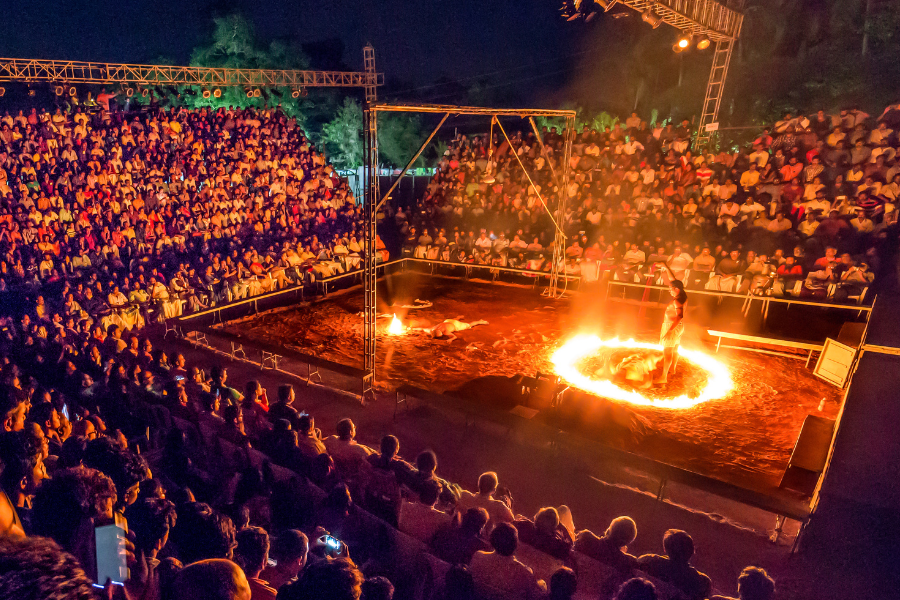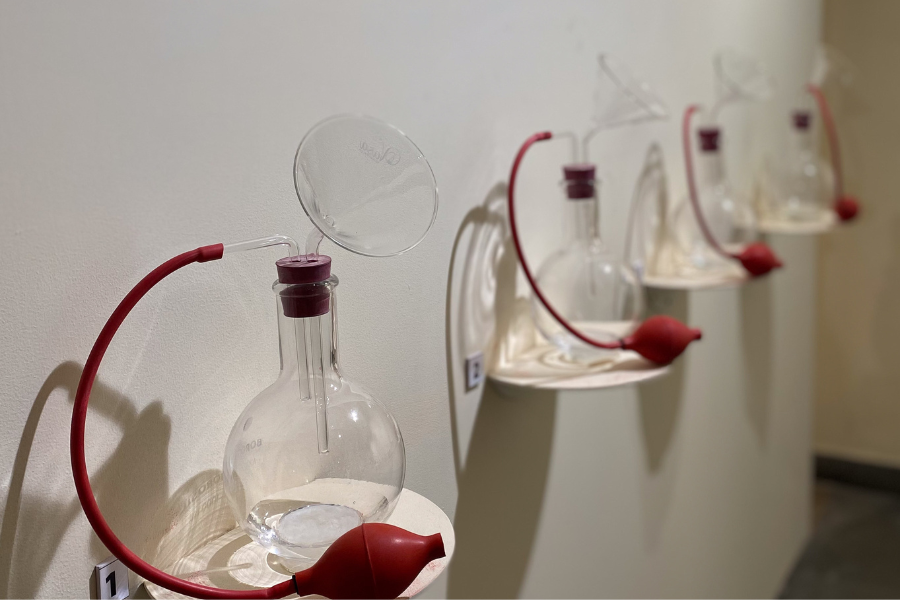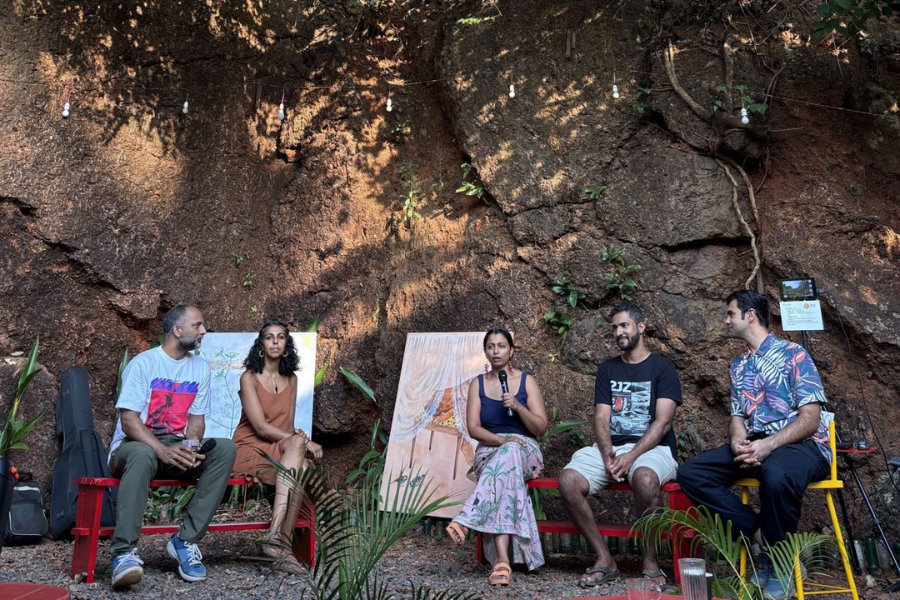Whispers of Pastoral Scents
- Free
- Culinary Arts
- Exhibition


YOU MAY ALSO LIKE
- 17 Dec
- |
- 18 Dec
- |
- 19 Dec
- |
- 20 Dec
- SAG Ground (Campal)

INR 499
Theatre
Few seats left




